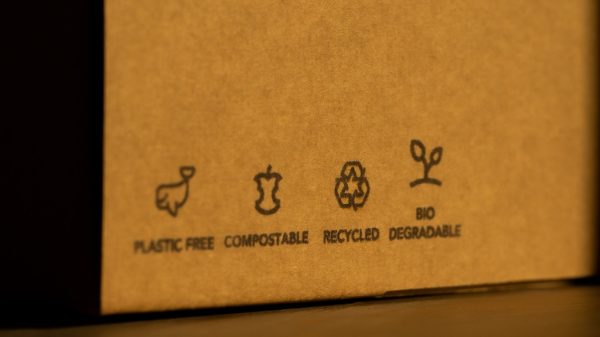Climate change conundrum
Climate change is often framed in the media as a highly partisan issue – liberals believe in it and fight against it, while conservatives deny or ignore it.
![]()
But that’s not what the real political climate looks like, says conservative entrepreneur Ted Halstead.
Not just any old tax
According to Halstead, the GOP resists liberal solutions only because they interfere with capitalism, disrupting the market and imposing burdensome regulations, rather than working within capitalism’s “operating system” to fix the “bug” – namely, that market prices don’t always reflect social and environmental costs, especially in the long term.
So Halstead and his colleagues at the Climate Leadership Council proposed a solution that would operate within the market with the aim of correcting the bug:
a carbon tax.
If you’re thinking that’s nothing new, you’re right. But Halstead and company’s proposal goes a step further.
No one wants to be taxed, they rightly note.
And the benefits of a carbon tax are long term, far out of range of an immediate payoff for citizens whose money is suddenly being taken away in greater quantities than before.
So why not give the money back?
The Climate Leadership Council’s solution goes something like this:
1. Impose a carbon tax at “the first point where fossil fuels enter the economy.” That means the mine, the well, the port, etc. They suggest beginning with a tax of $40 per ton, and gradually increasing that amount over time.
2. Send all that tax revenue right back to the American people, probably in the form of monthly or quarterly dividends. Presumably each citizen with a social security number would receive an equal payout. The idea is that if you produce fewer fossil fuel emissions, either as a mine/well/port of as a consumer, you pay less in carbon taxes, and thus make a greater profit (or lose less money) with the dividends.
3. Implement “border adjustments for the carbon content of both imports and exports” to “protect American competitiveness and punish free-riding by other nations.” Basically, try to even things out so that we don’t lose money when we deal with less ecologically righteous countries. The Council cites “rebates” for exports to countries without similar carbon taxes, though they do not mention where the funds for those rebates would come from.
4. Repeal Obamacare! Oh wait, sorry. I mean, “Repeal the Clean Air Act!” The final phase of the Council’s plan calls for rolling back EPA regulations “that are no longer necessary upon the enactment of a rising carbon tax whose longevity is secured by the popularity of dividends.” Pretty confident there, guys.
Mostly true
The Council claims that these dividends would increase as the amount of the per-ton tax increased, which is true up to a point.
However, the idea is to drastically reduce carbon emissions, no?
So eventually, when the tax is at a point where the market just can’t support it, and no one can afford to produce much if any fossil fuels, the revenue from the tax will begin to shrink, and dividends will decrease accordingly.
And that would be a good thing!
That would mean that we’d taken an effective step toward slowing the rate of climate change.
[clickToTweet tweet=”If this is marketed as a promise of a few bonus checks a year, they’ll be mad when the checks change.” quote=”However, if a plan like this gets marketed to the public solely as a promise of a few bonus checks a year, that public is going to be pretty disgruntled when the checks get smaller, or stop coming altogether.”]
If a plan like this is executed, lawmakers and PR teams will need to be very careful with their language, especially early on.
#ClimateChangeCapitalism
Staff Writer, Natalie Bradford earned her B.A. in English from Cornell University and spends a lot of time convincing herself not to bake MORE brownies. She enjoys cats, cocktails, and good films - preferably together. She is currently working on a collection of short stories.




































